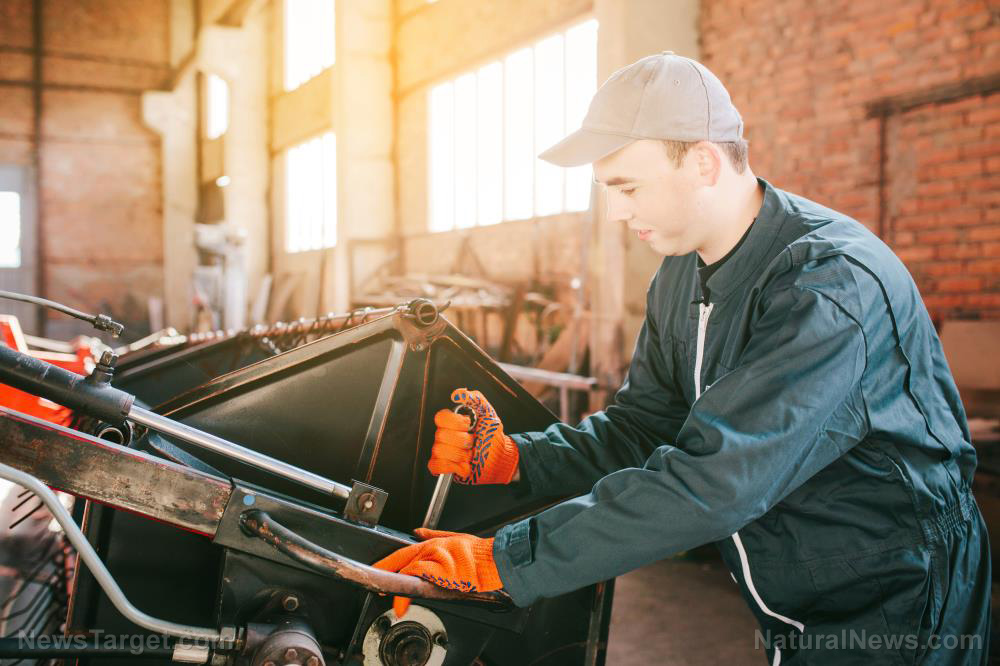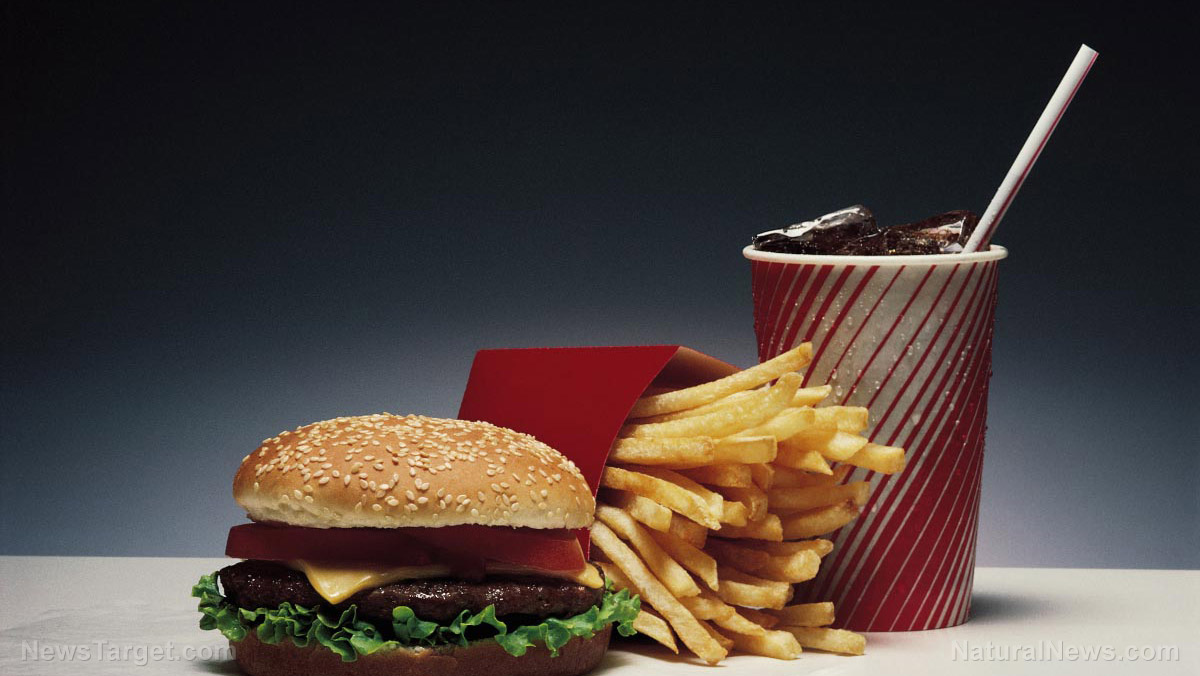New problem adding to national supply chain woes: Getting spare parts for tractor-trailer rigs that break down
10/28/2021 / By JD Heyes

There are multiple aspects to the failure of the global supply chain and each one of them is hitting America hard because for decades we allowed our political leaders to offshore U.S. manufacturing to countries like China who don’t simply want to dominate us, they want to destroy us — but not before extracting every last dollar they can from our citizens.
We have reported the fact that there are hundreds of container ships anchored off of major ports along the East and West coastlines, and we have noted that a shortage of dockworkers, longshoremen and truck drivers is adding to a growing bottleneck that is leading to increasingly barren store shelves.
Now, there is a new problem associated with the supply chain breakdown that will actually hasten the collapse: A dearth of spare parts not only for ordinary vehicles but for over-the-road trucks that are vital to our country’s transport system, as noted by Zero Hedge:
A global semiconductor shortage has reduced new car production and boosted used car demand. The average used car age on U.S. highways hit 12.1 this year, a record high, and has unleashed a repair boom. But with snarled supply chains, auto repair shops have had difficulty sourcing parts and told customers their cars could take weeks to fix, according to Bloomberg.
Paul McCarthy, chief executive of the Automotive Aftermarket Suppliers Association, said that auto parts and repair industry is getting slammed like everyone else – delays stretching from weeks due to port congestion have produced hefty backlogs [sic].
“This is the most difficult supply-chain environment that I have ever seen,” AutoZone Inc. CEO William Rhodes noted in an earnings call last month. He went on to say that the parts franchise is currently operating at “the lowest level of in-stock that I can ever remember.”
The owner of Valley Automotive Repair and Electric in Covington, Wash., Bryan Kelley, said he had to wait months for auto parts for his suburban Seattle shop. He noted in one instance a crankshaft sensor took between two and three months to arrive, adding that in pre-COVID times, it took less than a day to get the part.
One customer, he said, was close to giving up on having his Dodge Ram 1500 because the censor backlog has gone from ridiculous to the absurd.
“He went as far as to say, ‘I’m going to tow it and buy another truck,'” said Kelley, who is also the chairman of the Automotive Service Association Northwest trade group. “It got compounded when he found he couldn’t just go down and buy one.”
Tractor-trailers and other transport vehicles are also suffering from parts shortages, making the supply chain crisis even worse.
“Fleets are desperate for new dry vans to compensate for the shortage of new trucks and drivers in the current tight capacity environment. There is a growing amount of freight to be moved and the industry continues to struggle to deliver it on time,” Don Ake, FTR vice president of commercial vehicles, noted in a statement way back in August.
“Most of the unproduced orders will roll into the first quarter of 2022. If those months are already booked solid, it creates even more headaches for the industry. Things won’t approach any degree of normalcy for months,” Ake added in a statement.
“With the microchips being the tip of the iceberg, it shows that the supply chain is pretty weak and it’s too complex,” steelmaker Cleveland-Cliffs Inc. Chief Executive Lourenco Goncalves told The Wall Street Journal.
The chip backlog is also preventing auto manufacturers from finishing new tractor rigs, pickup trucks and other vehicles used to transport goods (as well as tractors for producing food).
If only our political leaders hadn’t sold out our manufacturing capability years ago.
Sources include:
Tagged Under: agriculture, chaos, Collapse, computer chips, food production, food supply, groceries, harvest, manufacturing, spare parts, supply chain, supply chain collapse, tractor trailers, tractors
RECENT NEWS & ARTICLES
COPYRIGHT © 2017 FOOD SCIENCE NEWS




















